Three Loire winemakers gathered in a buzzy Montréal bar on Wednesday night. The event was fashionably informal. A pop-up tasting in a cool, low-key spot dripping with tuque-clad, tattooed ambiance. Retail staff from SAQ stores across the city had come in droves to taste the wines.
Having listened to wine event organizers lament a rising trend of poor attendance, I was heartened to see such a packed room. The crowd was young, knowledgeable, and evidently captivated by the wines. A world away from dismal media reports of Gen Z drinkers spurning wine for canned cocktails.
The vignerons hail from three distinct areas of the Loire: Domaine Luneau-Papin, Muscadet producers from the Pays Nantais, Domaine Pellé from the Centre Loire appellation of Menetou-Salon, and Domaine Sérol on the eastern foothills of the Massif Central, in the Côte Roannaise.
While their soils, topography, climate influences, and grapes are highly distinct, all three estates have a shared vision – not only for organic and biodynamic farming practices, but for how they see the future of their wine region.
The Loire has long been a hot bed for terroir-focused, innovative wine producers. Nicolas Joly is often cited as an early pioneer in this movement. His tireless and vocal championing of biodynamic viticulture was a powerful boon to the region as a whole. Joly’s books and his work at Coulée de Serant linked the Loire, by association, to greener, more sustainable vineyard practices.
Despite the Loire’s challenging meso-climates, with their ever-present threats of frost, hail, and damp weather, the number of estates adopting organic and biodynamic practices is noteworthy. The desire to experiment, push boundaries, and explore terroir expression is another hallmark of the Loire.
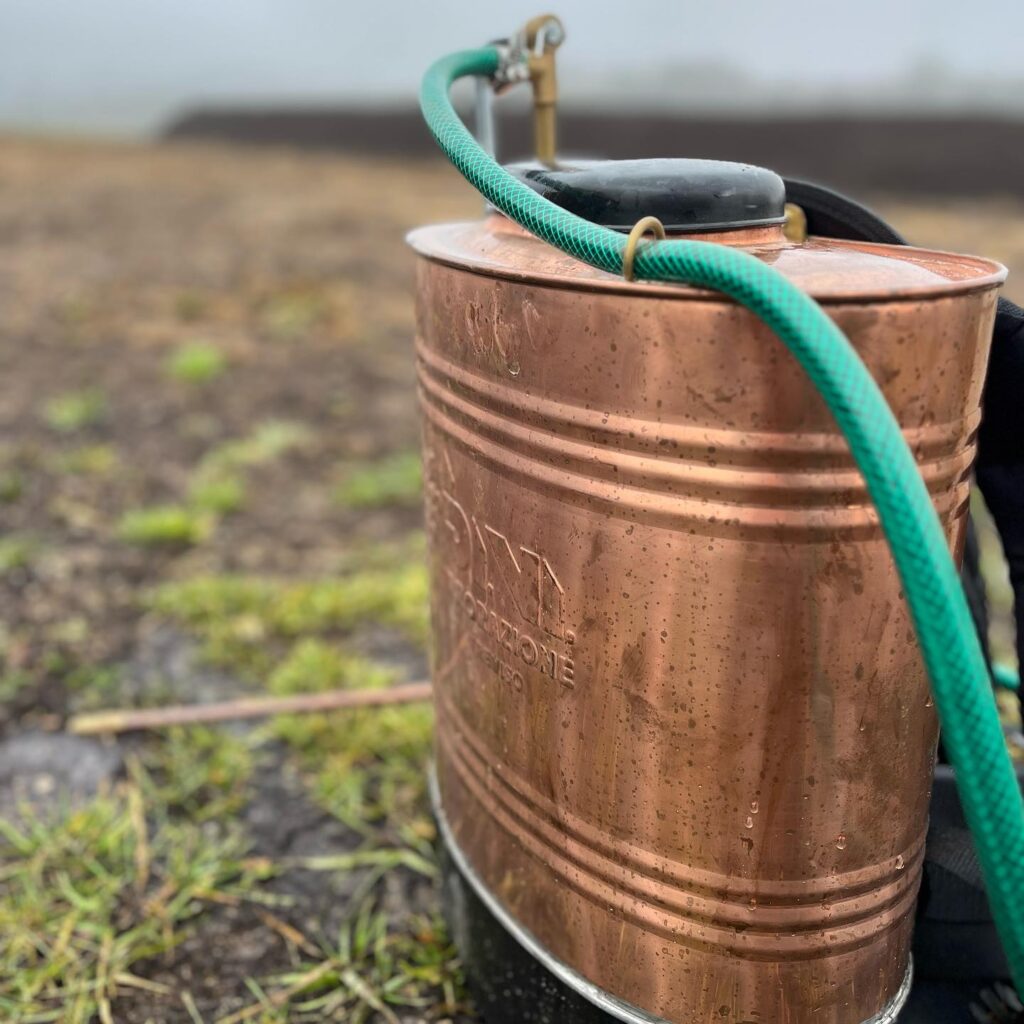
Natural wines are made in every corner of France today. Beaujolais’ Gang of Four might get the credit for earliest adopters of sulphur-free, low intervention winemaking but the Loire came on hot and heavy in its wake.
In 1999, Pierre and Catherine Breton organized the first natural wine focused fair: La Dive Bouteille. The event was held in a Bourgueil cellar, with 40 or so local natural wine producers. Over twenty years later, the event remains the largest natural wine fair, bringing together over 200 producers from around the globe.
The Loire holds many advantages for young winemakers starting out. The vineyard land is far more affordable in areas like the Anjou, Roanaise, and Auvergne than many other viticultural zones in France. There are no age old classifications or quality hierarchies to contend with. And the inspiration to follow in the footsteps of trailblazing producers is a powerful draw.
The road is not without significant challenges though. “It hasn’t been easy” admitted Marie Luneau, of Domaine Luneau-Papin, over a glass of wine later that evening. When Luneau and her husband took over his family’s estate in the late 2000s, Muscadet was in crisis.
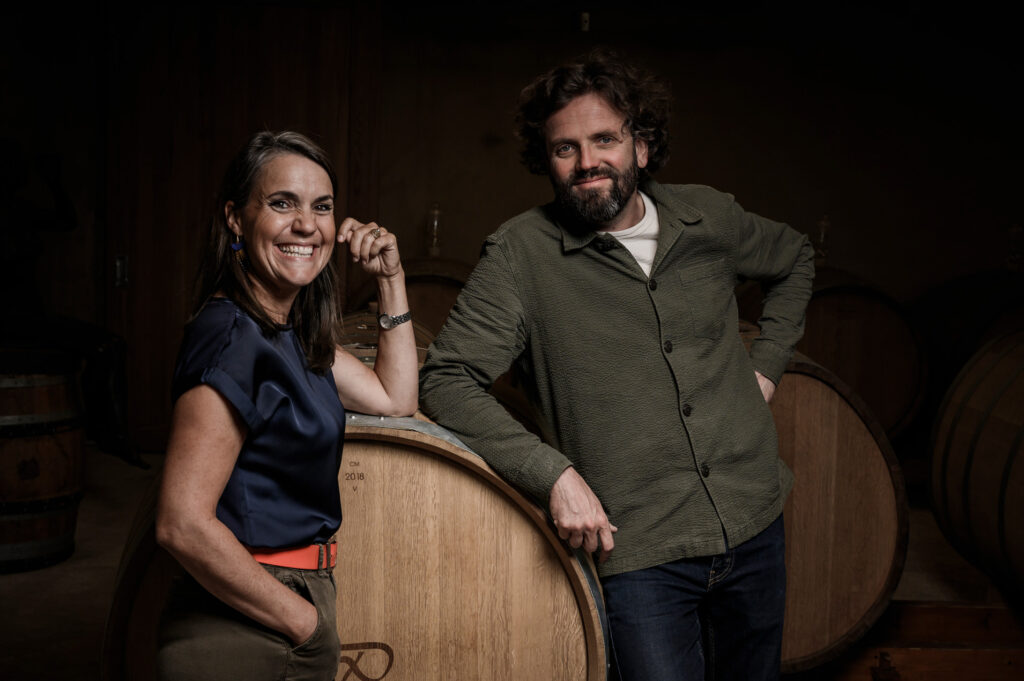
Saddled with a reputation for cheap and cheerful supermarket wine, the region struggled to get buyers and consumers to accept price increases. Several vintages of devastating frosts, rising production costs, and increased global competition for entry-level white wine drove Muscadet’s mass markets into the ground.
The region that spanned over 13 000 hectares in the 1980s shrunk by one third in the ensuing decades. In the face of this dire situation, it took producers like Luneau-Papin, with serious passion and grit to remain steadfast.
In the late 2000s, while many Muscadet growers were walking away from the industry, Domaine Luneau-Papin converted to organic viticulture. Marie also co-founded L’Association des Vignes de Nantes to join forces with like-minded growers in promoting their quality-focused Muscadet wines.
Though Marie is (rightfully) proud of the nervy, textural wines the estate is crafting today, and the success they have found, she is quick to dispel any romantic notions of their ascendancy. “We worked non-stop for years” she explained. “I wonder if my children will even want to follow in our footsteps after seeing that”.
While Nantais growers like Domaine Luneau-Papin were fighting to revitalize Muscadet’s image, Carine and Stéphane Sérol had another concern…a complete lack of image for Côte Roannaise wines. Stéphane took over the estate from his father in 1996 and immediately set about making changes.
The couple uprooted lesser vineyards, selected higher altitude granite-rich sites for new plantings, and focused their attentions on their local variety: Gamay St-Romain. This unique Gamay clone thrives at higher elevations making structured, peppery wines. Interest for Domaine Sérol’s distinctive wines has come slowly but surely.
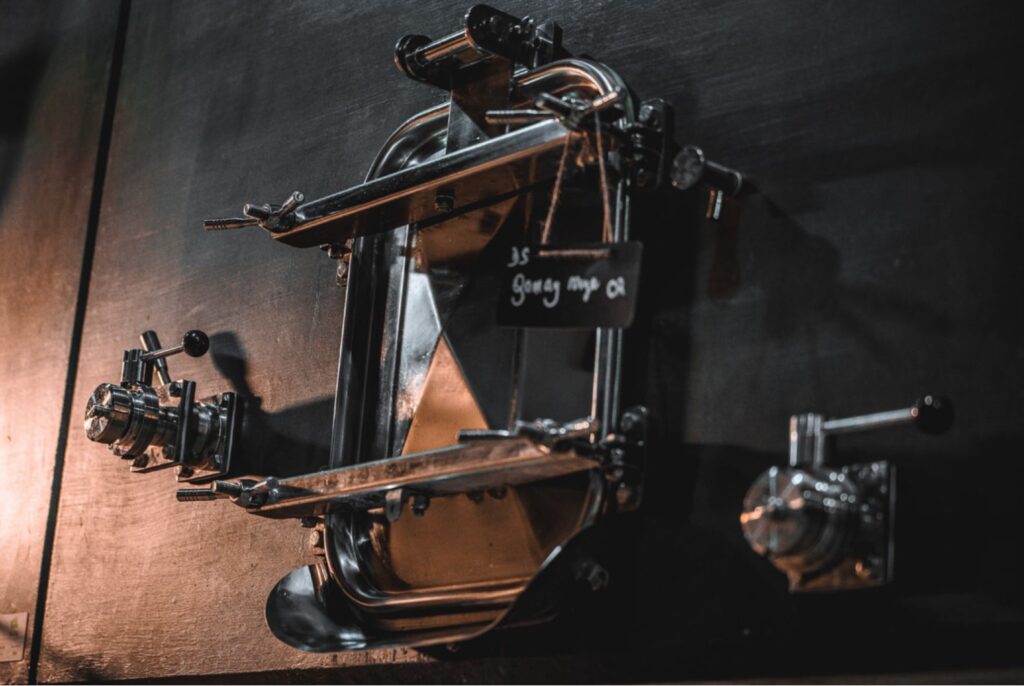
Building renown has also been a long game for Domaine Pellé. The long shadow of Sancerre cast Menetou-Salon in a second tier role that quality-minded growers like Paul-Henry Pellé have worked hard to cast off. Paul-Henry took on responsibility for his family’s estate at a young age. After an inspiring apprenticeship with Hubert Lamy, he knew he wanted to adopt biodynamic farming.
Paul-Henry admits that it took time to get it right. An initial attempt at immediate, full-scale biodynamic practices – making his own preparations, applying all tenets of the new system, while running the estate proved too much. He realized that he would need to transition from organic to biodynamic over time.
Over nearly two decades, Paul-Henry has honed his craft, lowering yields, working towards certification, and transitioning to micro-vinifications in seasoned oak vats and casks. The wines are a testament to his efforts: racy, saline, and complex.
As the crowd eventually thinned and the lights grew dim, we sat at the bar sipping cocktails, musing about how far the Loire, and its top producers have come. The hard work of the current generation has garnered admiring audiences across the globe, as the night’s event proved. The next generation may not have an easy path in the face of increasingly extreme climate conditions, but the acceptance won by their predecessors will certainly set them up for easier success.
This “Loire Valley Wine” piece is re-printed (with permission) from my article written for Good Food Revolution. If you want to learn more about artisanal food, wine, beer and spirits, check out their excellent website.

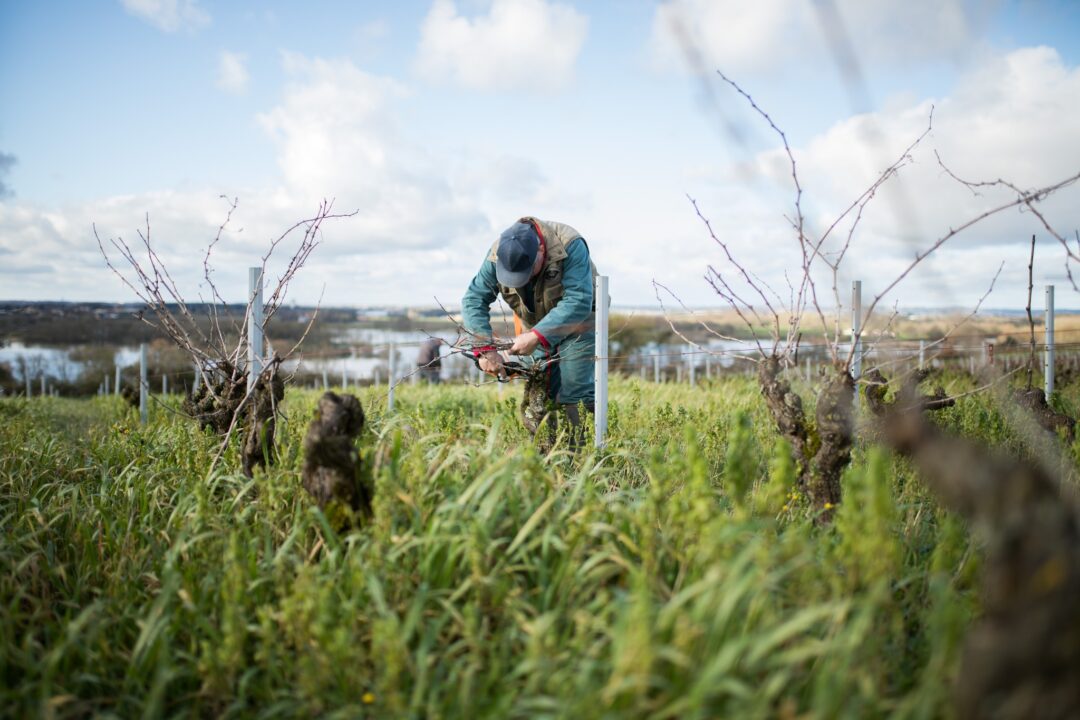
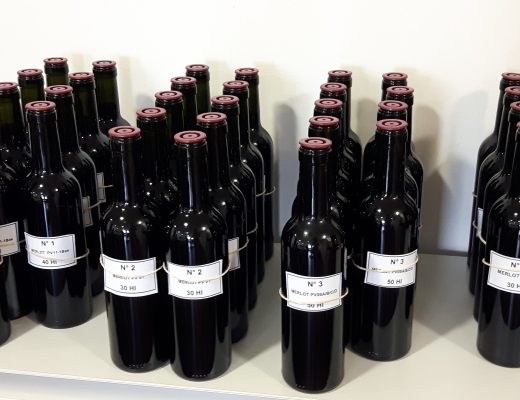

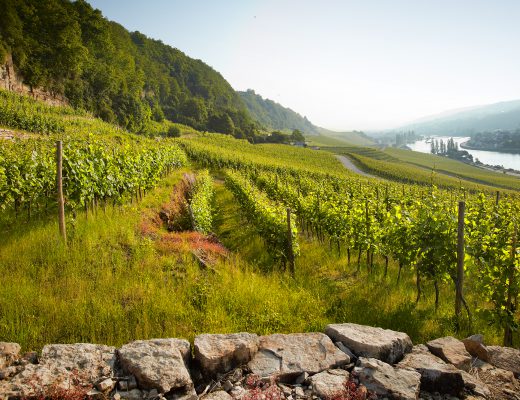
No Comments